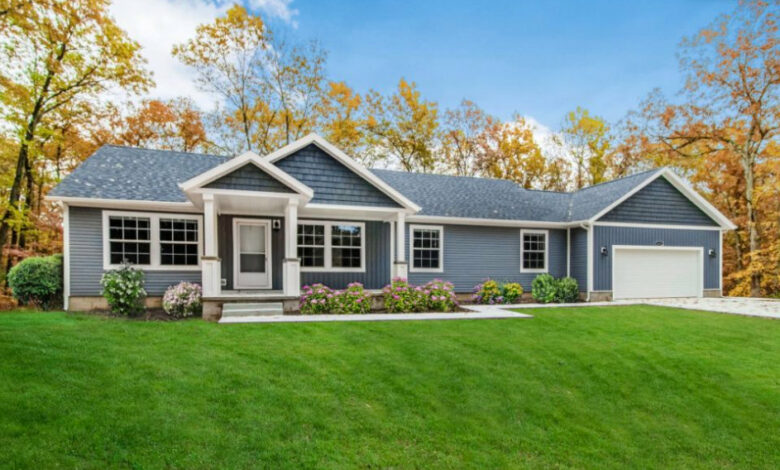Manufactured Homes vs. Modular Homes: Understanding the Differences

In the world of housing, terms like “manufactured homes” and “modular homes” are often used interchangeably, leading to confusion among potential homeowners. While both offer affordable and customizable living options, they have distinct differences in construction, regulations, and financing. This blog aims to clarify these differences and help you make an informed decision if you are considering either option for your next home.
What Are Manufactured Homes?
Manufactured homes, often referred to as mobile homes, are built in a factory and transported to the home site on their own wheels. They are constructed according to the federal HUD (U.S. Department of Housing and Urban Development) Code, which sets standards for construction, design, performance, and installation. These homes are typically single-story and come in three sizes: single-wide, double-wide, and triple-wide.
Key Features of Manufactured Homes:
- Construction and Quality: Built in a controlled factory environment, manufactured homes benefit from standardized construction processes and economies of scale. This often results in lower costs compared to site-built homes.
- Mobility: One of the defining features of manufactured homes is their mobility. They are designed to be transported in one or more sections and are typically placed on a permanent chassis.
- Regulation: Governed by the HUD Code, manufactured homes must meet specific safety and construction standards. This federal regulation ensures uniformity across all states.
- Cost: Manufactured homes tend to be more affordable than modular and traditional site-built homes, making them an attractive option for budget-conscious buyers.
- Customization: While there is some room for customization, options are generally more limited compared to modular homes.
What Are Modular Homes?
Modular homes are also built in a factory setting but differ significantly from manufactured homes. These homes are constructed in sections or modules, which are then transported to the home site and assembled on a permanent foundation. Modular homes must comply with local, state, and regional building codes where the home is located.
Key Features of Modular Homes:
- Construction and Quality: Like manufactured homes, modular homes benefit from factory construction, which can result in higher quality control and reduced construction time. However, the building materials and techniques used are often more akin to traditional site-built homes.
- Permanent Foundation: Unlike manufactured homes, modular homes are placed on a permanent foundation, such as a basement or crawl space, making them indistinguishable from site-built homes once assembled.
- Regulation: Modular homes are required to meet all local and state building codes, which can result in higher standards for construction and safety compared to the HUD Code.
- Cost: While modular homes can be more expensive than manufactured homes, they are typically less costly than traditional site-built homes. Their value can appreciate over time, much like a site-built home.
- Customization: Modular homes offer greater flexibility in design and customization, allowing for more personalized floor plans and features.
Pros and Cons: Manufactured vs. Modular Homes
Manufactured Homes:
Pros:
– Lower cost and faster construction time.
– Mobility allows for relocation if necessary.
– Governed by a national code ensuring consistent standards.
Cons:
– May depreciate in value over time.
– Limited customization options.
– Often restricted in certain zoning areas.
Modular Homes:
Pros:
– High-quality construction with a permanent foundation.
– Complies with local and state building codes.
– Appreciates in value similar to site-built homes.
– Greater flexibility in design and customization.
Cons:
– Higher cost compared to manufactured homes.
– Longer construction time due to customization and assembly on-site.
– Requires more coordination for transportation and assembly.
Making the Right Choice
When deciding between a manufactured home and a modular home, consider your budget, long-term housing goals, and personal preferences. Manufactured homes offer an affordable and flexible option, especially for those seeking a temporary or semi-permanent residence. On the other hand, modular homes provide the quality and customization of traditional homes, making them a solid investment for those looking for a permanent and potentially appreciating asset.
Both manufactured and modular homes offer unique benefits, and understanding the differences can help you choose the right home for your needs. Whether you prioritize cost, customization, or construction quality, there is a prefabricated home solution that can meet your housing aspirations.

